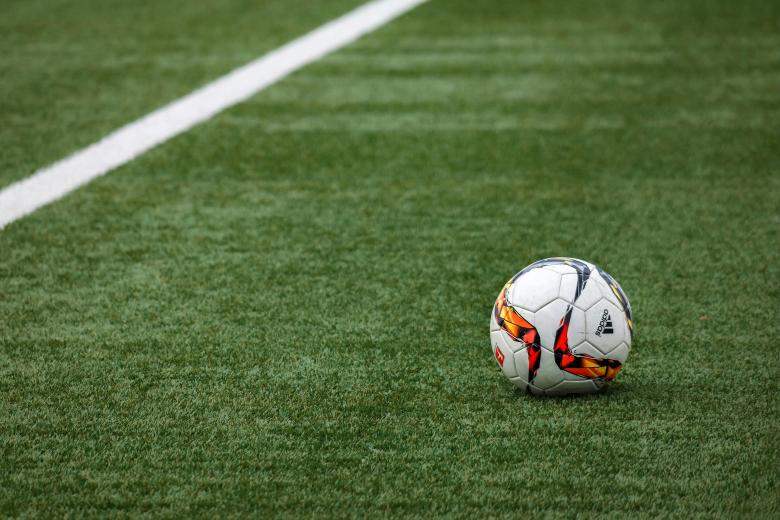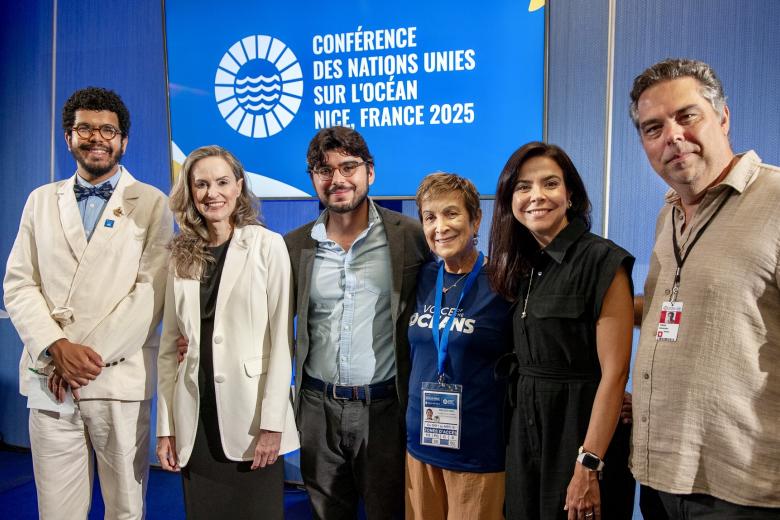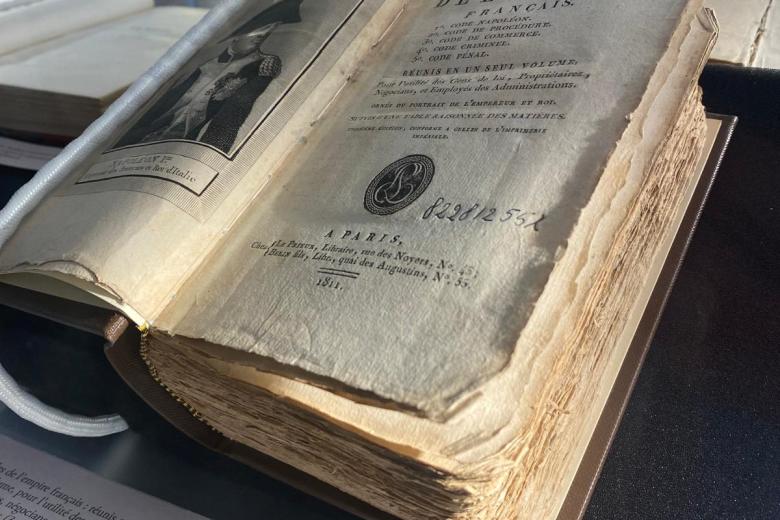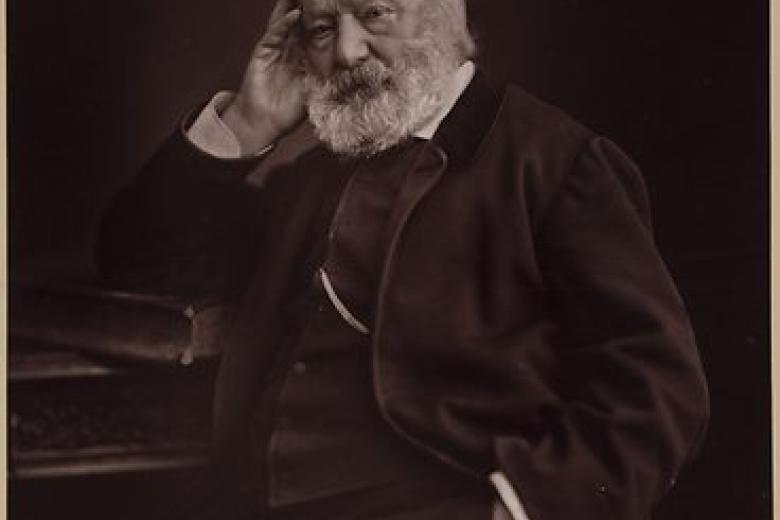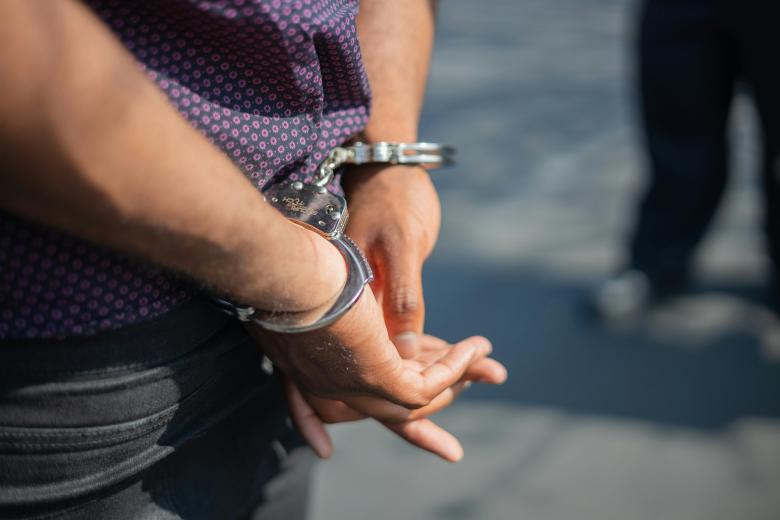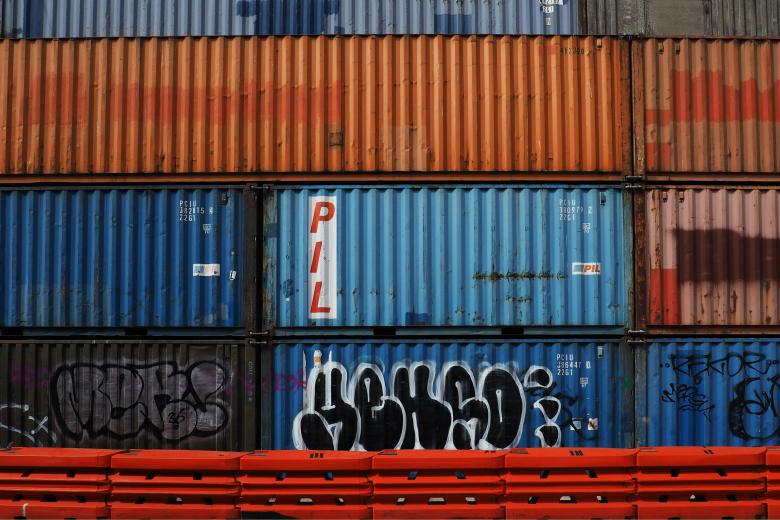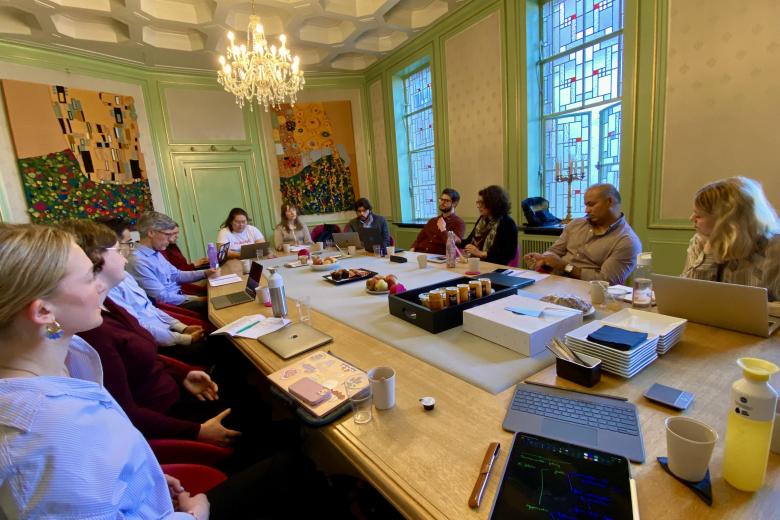A Fan’s Guide to Football’s Lex Sportiva: How the CJEU is Changing the Game
On April 28th, I published my very first podcast, which dived into the iconic field of Sports Law. This work was the product of an “Honours Programme Personal Project” supervised by Dr. William Bull. As I look back on this experience, I am honored to share some of the takeaways which Dr. Bull and I...
